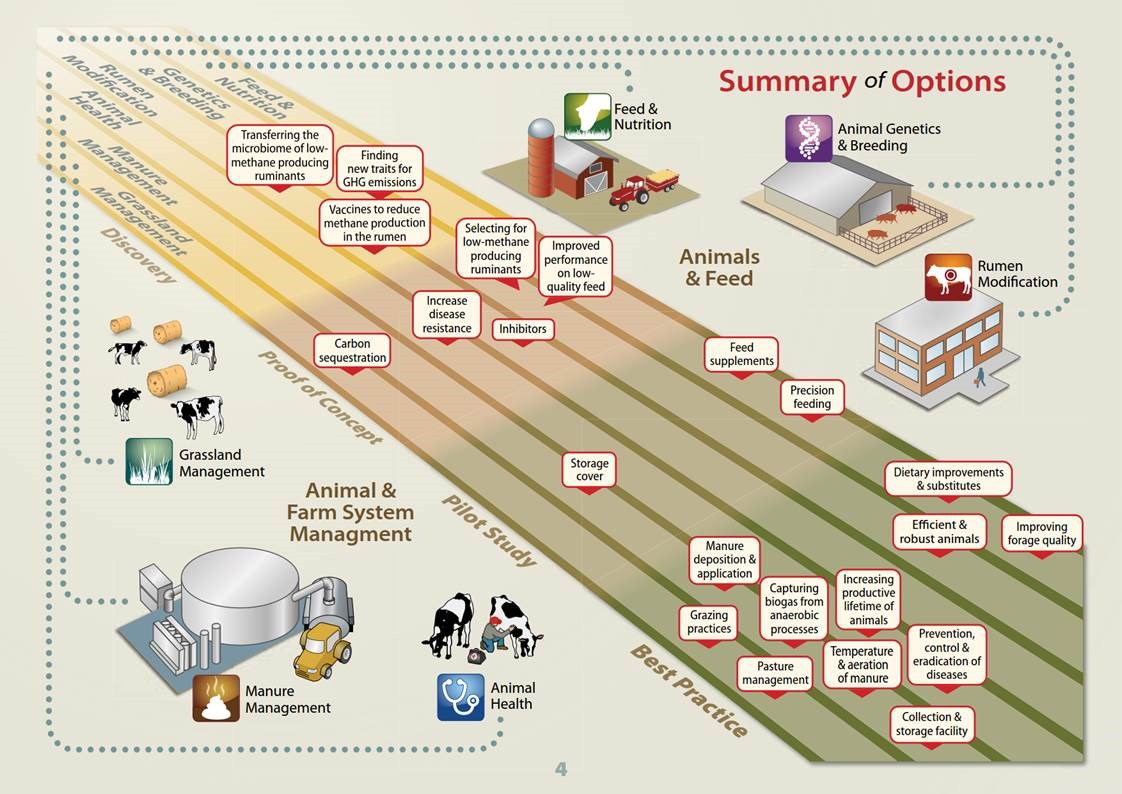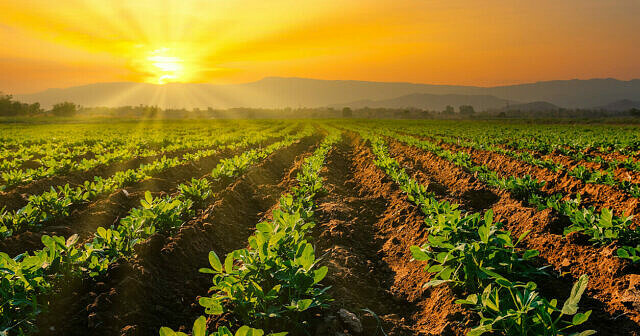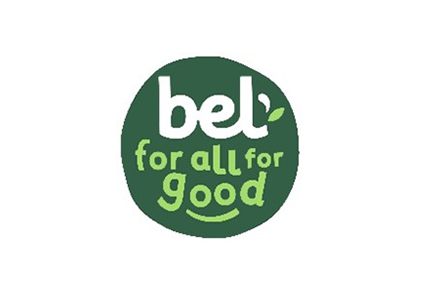Global best practice guidelines for reducing greenhouse gas emissions from livestock released
17th December 2014
Collaboration between researchers around the world and the global food and drink industry has produced an overview of current best practice and emerging options for reducing greenhouse gas (GHG) emissions from livestock.
The dairy and beef sectors have already made important progress on reducing emissions. While a steady growth in demand for all animal products has resulted in a 1.1% per year increase of emissions since 2000, the GHG emissions intensity of production has decreased by up to 76% (range 38-76%) for various livestock products between 1960 to the 2000.
A recent study by the FAO estimates that if all producers in a given system, region and climate achieved the production efficiency of the top 10 or 25 percent of producers, total emissions could be reduced by 18-30% if overall production remains the same.
In an effort to accelerate the adoption of best practice in this area, SAI Platform and the Global Research Alliance (GRA) have joined forces to compile information about GHG mitigation options at farm level currently available for a range of farm systems, and a roadmap of emerging options based on current research.
Didier Moreau, Danone’s Milk Quality, Nature & Sustainable Agriculture Director, and member of the SAI Platform Dairy Working Group, says: “This document gives a clear idea on what is feasible when it comes to short, medium and longer term actions to mitigate GHG emission in different livestock farming systems. I am sure this pragmatic and clear information will be very useful to all practitioners”.
The readily accessible guide proposes existing and potential future intervention options for farmers to consider on animal feed and nutrition, genetics and breeding, rumen modification, animal health, manure, and grassland management. The guide highlights positive environmental impacts as well as financial implications of implementing these options. It also underlines the importance of GHG reduction efforts supporting a holistic sustainability approach.
Gereon Schulze Althoff, Director Quality Assurance at Vion Food Group, and member of the SAI Platform Beef Working Group, adds: “This resource is based on good farming, industry practices and defining research that matters. Members of the SAI Platform Beef Working Group will be actively promoting the implementation of targeted activities to greenhouse gas mitigation in the beef supply chain, together with their farmers and customers.”
“The practical options provided in this resource allow farmers to make informed decisions about greenhouse gas reduction activities and efficiencies benefiting their farms. It is based on the latest science, demonstrating that proper co-operation between research and industry can be very rewarding”, adds Keith Kenny, Head of Sustainability & CSR at McDonald’s Europe, and Chair of the Beef Working Group.
Read the guide “Reducing greenhouse gas emissions from livestock: Best practice and emerging options” online here.
About the Global Research Alliance on Agricultural Greenhouse Gases (GRA):
GRA is a voluntary initiative between countries to collaborate in the research, development and extension of technologies and practices that will help grow more food while reducing greenhouse gas emissions intensity.
About the Sustainable Agriculture Initiative (SAI) Platform:
SAI Platform is the global industry initiative helping food and drink companies to achieve sustainable production and source agricultural raw materials.

For questions and further information:
Brian Lindsay
Sustainable Agriculture Initiative (SAI) Platform
Mobile: +44 (0)7824 664526
E-mail: blindsay@saiplatform.org
www.saiplatform.org
To download the Press Release click here.


